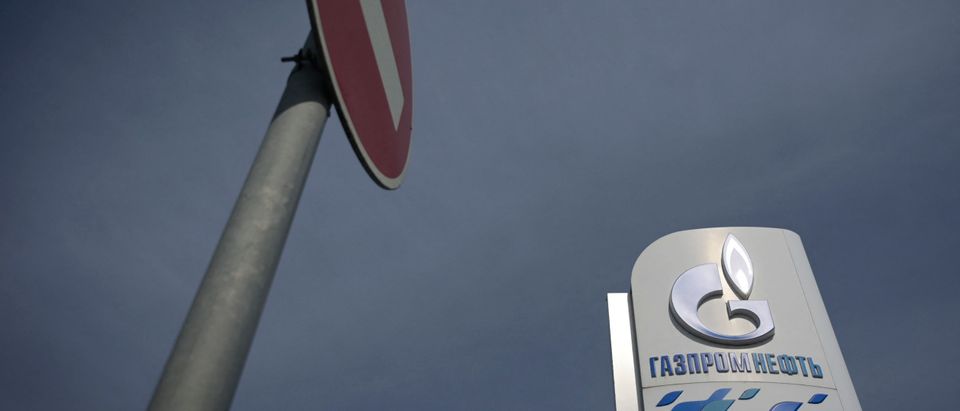Russia’s financial system is booming in spite of strict sanctions, according to the International Institute of Finance.
Deputy Chief Economist Elina Ribakova outlined in a Twitter thread how Russia’s massive oil and gas revenues have positively impacted the Russian financial system, even after western nations cut Russia off from other global financial markets in response to its invasion of Ukraine in February. Meanwhile, Americans are facing imminent recession and increasing energy prices at home.
“Those who thought that cutting Russia from financing for a few weeks at the beginning of the war would stop the war have proven naive,” she said, displaying data from the International Institute of Finance that shows a significant increase in Russian asset liquidity since March.
1/ Russia’s financial system is back to business as usual after a few weeks of severe bank runs (nearly Rub 10 trillion in liquidity withdrawn). Those who though that cutting Russia from financing for a few weeks at the beginning of the war would stop the war have proven naive. pic.twitter.com/NPhE14Fpu2
— Elina Ribakova 🇺🇦 (@elinaribakova) June 23, 2022
The Russian ruble surged in May; it’s now one of the world’s strongest currencies against the U.S. dollar, according to Business Insider. Some experts argued that this is not necessarily a good thing for Russia, however.
“So the strong ruble only reflects the fact that there is no use for foreign currency in Russia right now,” Ilya Matveev, a political scientist, told NPR. “And this is, of course, a very bad thing for the economy.”
Mateev also pointed out that Russia is experiencing significant inflation, supply shortages and soaring prices — things the U.S. is also dealing with. Consumer prices in the U.S. hit a 40-year high in May and GDP growth has slowed faster than Biden administration officials anticipated.
U.S. President Joe Biden has blamed Putin for causing inflation and a rise in gas prices, but many Americans aren’t buying his explanation.
Russia is operating in a budget surplus to the tune of 1.6 trillion rubles, having piled up over $100 billion in foreign exchange reserves since invading Ukraine in February, according to Ribakova. (RELATED: Russia Cuts Gas Flows To Europe, Blames Sanctions)
Russia defaulted on roughly $100 million in debt on Sunday after sanctions prevented it from paying out U.S. dollar and Euro-denominated debts to overseas creditors, Reuters reported.
U.S. officials called the default a consequence of the economic actions the U.S. and allies have taken to disrupt the Russian economy.
“This morning’s news around the finding of Russia’s default, for the first time in more than a century, situates just how strong the actions are that the U.S., along with allies and partners have taken, as well as how dramatic the impact has been on Russia’s economy,” a U.S. official said at the G7 summit Sunday, Reuters reported.
G7 leaders also proposed sanctions on Russian gold exports and a cap on oil prices at the meeting, according to Reuters.
Ribakova countered, saying the short-term effects of a default are “not very significant” in an interview with Marketplace in March. It would take time for the more severe consequences to materialize, she explained.
Ribakova could not be reached for comment by The Daily Caller News Foundation.
All content created by the Daily Caller News Foundation, an independent and nonpartisan newswire service, is available without charge to any legitimate news publisher that can provide a large audience. All republished articles must include our logo, our reporter’s byline and their DCNF affiliation. For any questions about our guidelines or partnering with us, please contact licensing@dailycallernewsfoundation.org.












